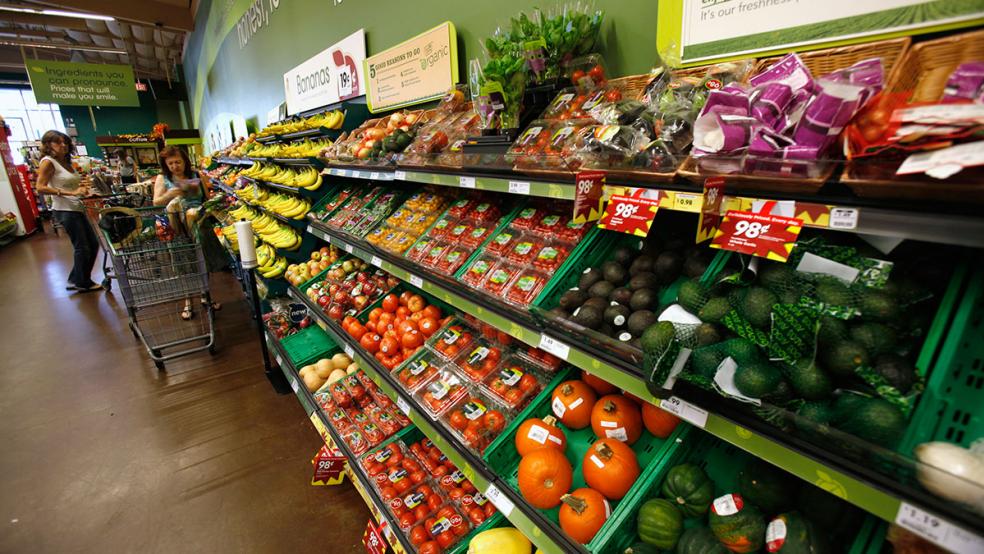About 85% of Americans believe the federal government should do more to help those who are struggling to pay for food, according to a new poll from the Save the Children Action Network, a non-partisan advocacy group.
As The Hill’s Saul Elbein reports, the poll shows high levels of support for the Supplemental Nutrition Assistance Program, known as SNAP, which lawmakers are debating as they prepare to write the next farm bill. The current farm bill – which was estimated to cost $428 billion over five years when it was signed into law in late 2018 – expires later this year, and SNAP accounts for more than three-quarters of the spending in the legislation.
Budget hawks have tried to cut SNAP funding in the past and likely will do so again this year, but Lori Weigel, who leads the Republican polling firm New Bridge Strategy, which helped carry out the poll, said that the “vast majority of people — across party lines for basically every policy that we tested [to increase the reach of SNAP] — was saying, ‘Yeah, that sounds like common sense and something we should be doing.’”
“It’s important to note: If anything, most people would opt to increase benefits,” Weigel added. “Only 4 percent wanted to decrease them.”
Most respondents greatly overestimated the generosity of the SNAP benefits, pegging them at $50 a day on average. The actual number is about $6 per person per day – a level some experts say does not cover the cost of home-cooked meals in most parts of the country.
Why is support for the food aid program so high? Weigel says a significant number of respondents had friends and family who had turned to the program for help at a time of soaring food prices. Support is higher among Democrats than among Republicans, but majorities in both groups said they support the program – and said they would not look favorably on lawmakers who try to cut benefits.
In another worrisome detail for fiscal hawks, Weigel said most respondents are far more concerned about how they and their friends and family are doing than what’s going on with the federal budget. “[W]e test budgets [with focus groups] and we’re testing, you know, millions, billions, trillions of dollars,” she said. “And that means so little to people.”




